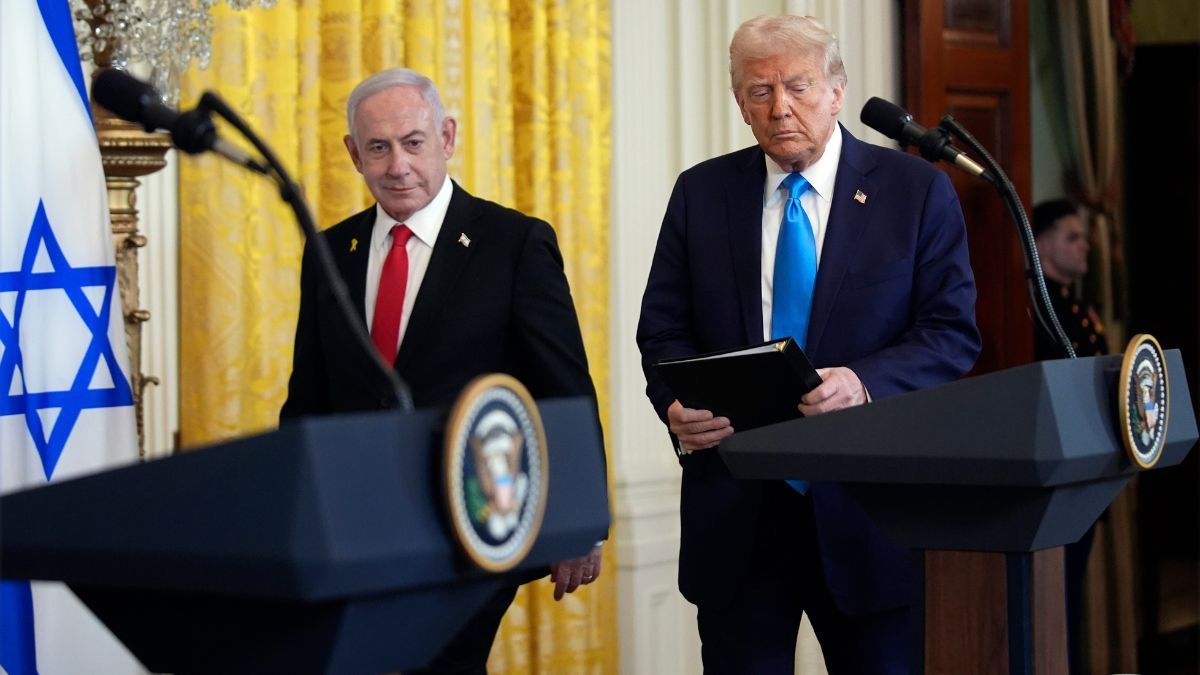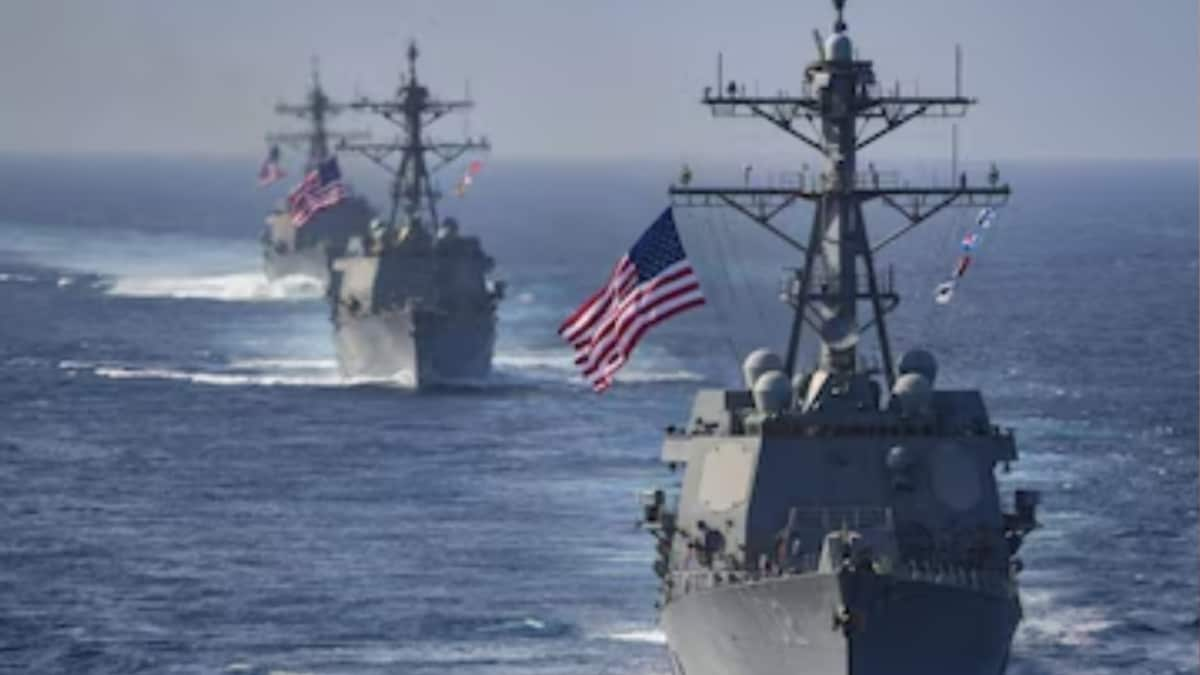Trump’s unprecedented security guarantee to Qatar reinforces US commitment to the Gulf, enhances Doha’s diplomatic leverage, and signals potential constraints on Israeli military actions, raising questions about regional deterrence.
US President Donald Trump’s decision to extend an unprecedented security guarantee to Qatar has reshaped the dynamics of Gulf politics, testing Washington’s ties with Israel and offering Doha a new level of strategic leverage.
The executive order, signed this week after Israeli air strikes in Doha killed Hamas leaders and a Qatari officer, commits the United States to regard any armed attack on Qatar as a threat to US peace and security, a rare pledge for an Arab ally.
What did Trump promise?
The order states the US will take “all lawful and appropriate measures including diplomatic, economic and if necessary, military to defend the interests of the United States and of the state of Qatar” if Doha comes under attack.
According to Andreas Krieg, a senior lecturer at King’s College London, the directive “turns attacks on Doha into problems for Washington. For the region, it restores a measure of deterrence but leaves the United States with ample discretion over how to act.”
Elizabeth Dent, senior fellow at the Washington Institute and a former Pentagon Gulf policy director, warned that such executive orders are non-binding. “While the language is much stronger than anything we’ve seen for Qatar (and frankly most countries in the Middle East)… it is largely unenforceable and likely intentionally vague,” she noted.
What does it mean for Qatar and Israel?
For Qatar, the announcement is a diplomatic victory. Doha hosts Al-Udeid, the largest US military base in the Middle East, and has positioned itself as a critical mediator in regional conflicts, from Hamas to the Taliban. After Israeli strikes in Doha last month, the guarantee restores a sense of protection for a Gulf state heavily reliant on American security commitments.
“The order gives Qatar a major diplomatic and strategic win,” Dent said, underscoring Washington’s appreciation of Qatar’s mediation role in Gaza. The same day Trump signed the order, Israeli Prime Minister Benjamin Netanyahu personally apologised to Qatari Prime Minister Sheikh Mohammed bin Abdulrahman Al Thani during a three-way call with Trump, and pledged no further strikes. Qatar, in turn, resumed its mediation in the Gaza war.
For Israel, the move carries more symbolic weight. Dent described it as “both a strategic and symbolic loss,” limiting Israel’s room for unilateral action in a region where it has struck targets in Lebanon, Iran and Yemen largely unchecked.
Krieg added that any future Israeli action in Qatar “would carry a higher risk of serious American response.” Still, the wording leaves Washington with flexibility, especially if Israel sought US approval for further operations.
Regional reactions and ripple effects
The pledge has raised questions about how other Gulf states will respond. Under Joe Biden, the US had discussed a potential defence package for Saudi Arabia tied to normalisation with Israel, a plan that collapsed after the Gaza conflict reignited. Riyadh has since sought alternative security arrangements, signing a mutual defence deal with nuclear-armed Pakistan.
The UAE, which normalised ties with Israel under the 2020 Abraham Accords, remains without a similar US security guarantee. Even the sale of advanced F-35 fighters promised after the deal has stalled.
Trump’s order, therefore, elevates Qatar as a “balancing power” in the Gulf, according to Dent, one that Washington appears formally more invested in protecting. Krieg argued that the move “raises the bar” for US commitments in the region: “Other states will now be tempted to seek similar assurances, or else accelerate their own hedging strategies and regional defence arrangements.”
What it means for deterrence
The pledge underscores Qatar’s unique dual role: as both host of America’s most important Gulf base and as a diplomatic bridge to groups and states Washington cannot directly engage. For the Gulf, it signals that the US is willing to selectively extend stronger guarantees, but only where its own interests are deeply embedded.
For Israel, the assurance signals limits on its military freedom, particularly in Qatar — though Trump’s executive order still allows significant ambiguity in how Washington would respond to any violation. For Doha, however, it strengthens its hand as mediator and raises its security profile across the Gulf.
As Dent concluded, “It signals the value the US places on Qatar’s role as a diplomatic negotiator.” But whether the guarantee translates into hard deterrence or remains a symbolic gesture will depend on whether Washington ever has to act on it.
End of Article

)

)